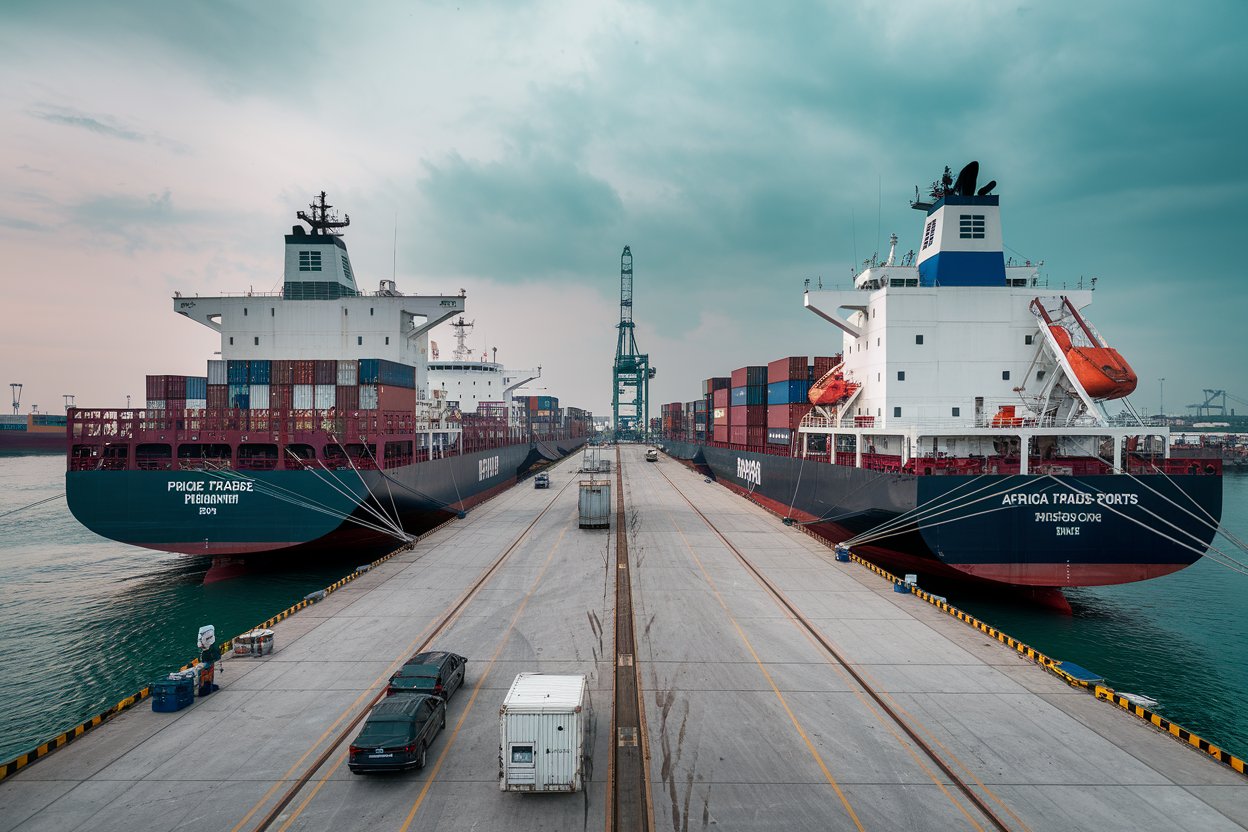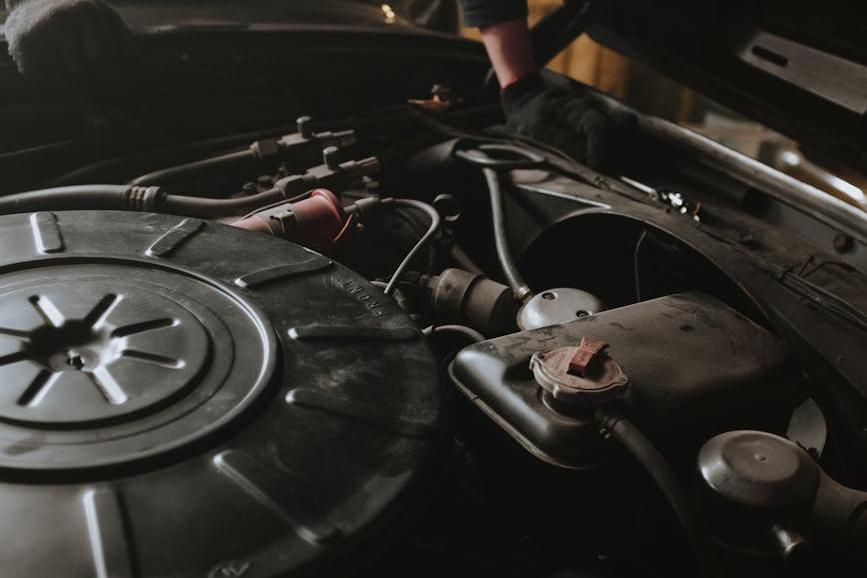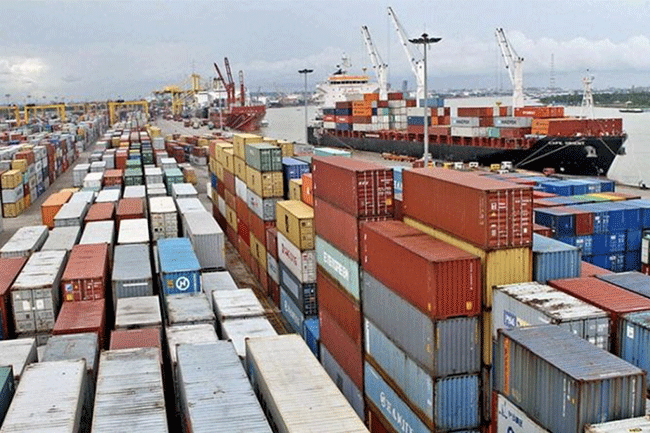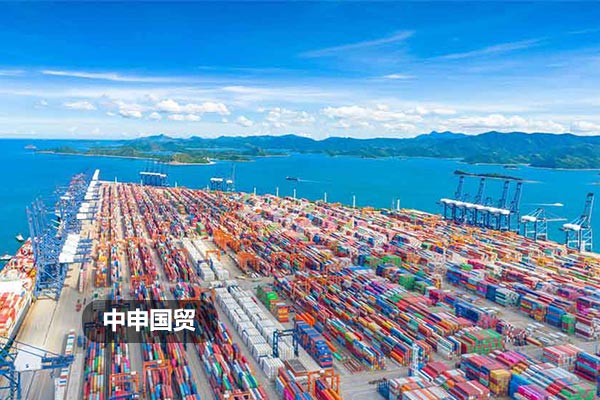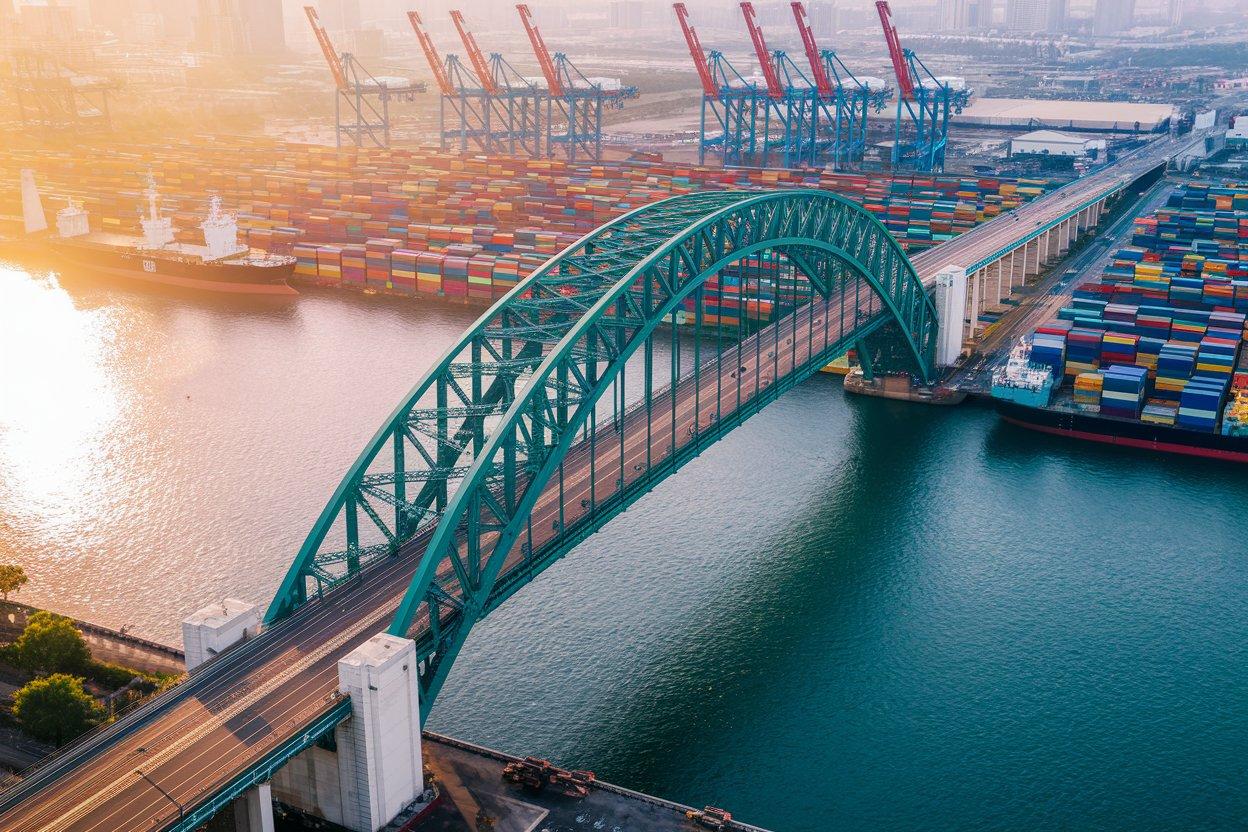- Shanghai Zhongshen International Trade Co., Ltd. - Two decades of trade agency expertise.
- Service Hotline: 139 1787 2118
In modern consumer electronics, remote controls are almost standard accessories. Devices such as fans, heaters, and lamps often come with a remote control that includes a built-in button battery (such as a CR2032 or CR2025 lithium battery). Forforeign tradeFor friends involved in exports, products with batteries can be a bit confusing: How should you declare them? Are they considered hazardous goods? What if they get inspected? Don’t worry—this article will help you sort things out and handle such export scenarios with ease.
Why should battery declarations be taken seriously?
First and foremost:Safety firstAlthough lithium batteries are small, improper handling during transportation can pose risks of fire or even explosion. This not only ruins your cargo but may also jeopardize other goods on the entire ship or plane—the consequences are no joke. Therefore, whether it's...Maritime TransportationorAir TransportationCompliance reporting for batteries must never be ambiguous.
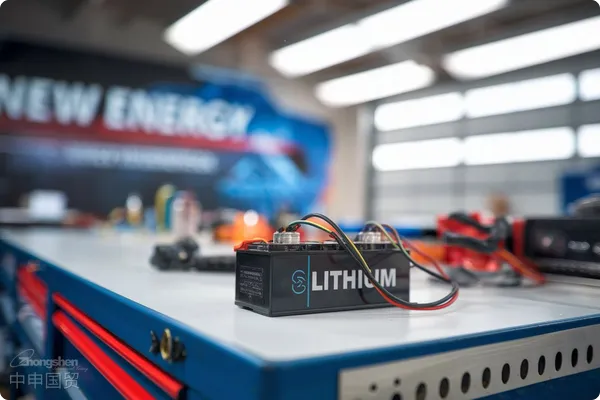
How to fill out a customs declaration form?
When declaring,You must honestly disclose that the product contains batteries.and clearly specify the type and model of the battery. For example, you could write: "The product contains one CR2032 lithium battery for the remote control." Don't even think about trying to sneak past it—customs detection equipment is no joke. If caught, the consequences could range from fines to damaging your credibility, which simply isn't worth the risk.
Would it be classified as hazardous goods just because batteries are included? Actually, not necessarily. If the battery power is below 20Wh (most button cells meet this standard), they can often be shipped as ordinary cargo, so there's no need to worry about inconvenience with bulk shipments or a sudden surge in costs. However, the specifics still depend on the mode of transportation and the carrier's requirements.
What's the difference between sea freight and air freight?
- Maritime TransportationShipping by sea offers relatively higher flexibility. As long as you have the battery's MSDS (Material Safety Data Sheet) and UN38.3 certification, most shipping companies will accept it. However, policies may vary slightly between shipping companies, so it's advisable to confirm with your freight forwarder in advance and ensure all documents are prepared to avoid last-minute issues.
- Air TransportationAir freight is much stricter. Shipping from China comes with more restrictions and complicated procedures; if you ship from Hong Kong, it's a bit more lenient, but the price is also significantly higher. So before opting for air freight, it's best to discuss in detail with your freight forwarder to see which option offers better cost-effectiveness.
A worry-free alternative.
If you find it too troublesome to export with batteries, there's a simpler alternative:Remove the battery.Ship the product without batteries and let customers purchase the same type of button cell locally. This method completely avoids battery-related declaration and shipping issues, making the process hassle-free. Of course, this is on the premise that you communicate with customers in advance to ensure they have no objections.
The benefits of compliance are more than just a little.
Following the rules diligently is not just about safety—it also adds value to your work. In international trade, clients value reliability and professionalism the most. Compliance not only helps avoid potential risks but also ensures smoother operations and builds greater trust.
Summary
Exporting products containing button batteries may sound complicated, but it's actually quite manageable once you grasp a few key points: truthfully declare the battery type and model, prepare the necessary documents, understand the differences between sea and air shipping, or simply remove the batteries and let the customer handle them. Safety and compliance should always come first—don't take unnecessary risks to save a little money. If you still have questions, consult a reliable freight forwarder; they can offer more specific advice. Wishing you smoother exports ahead!
Related Recommendations
? 2025. All Rights Reserved. Shanghai ICP No. 2023007705-2  PSB Record: Shanghai No.31011502009912
PSB Record: Shanghai No.31011502009912
